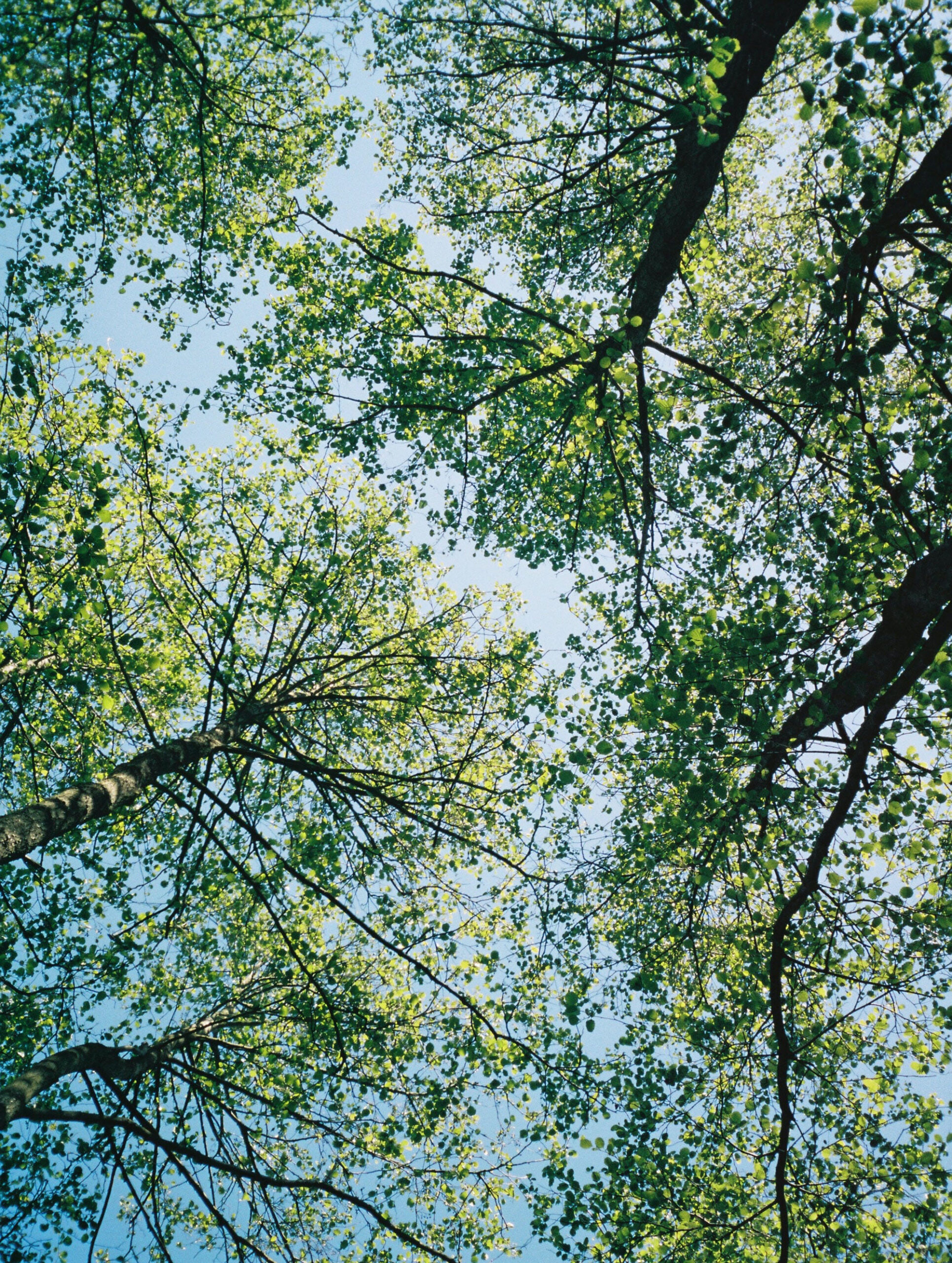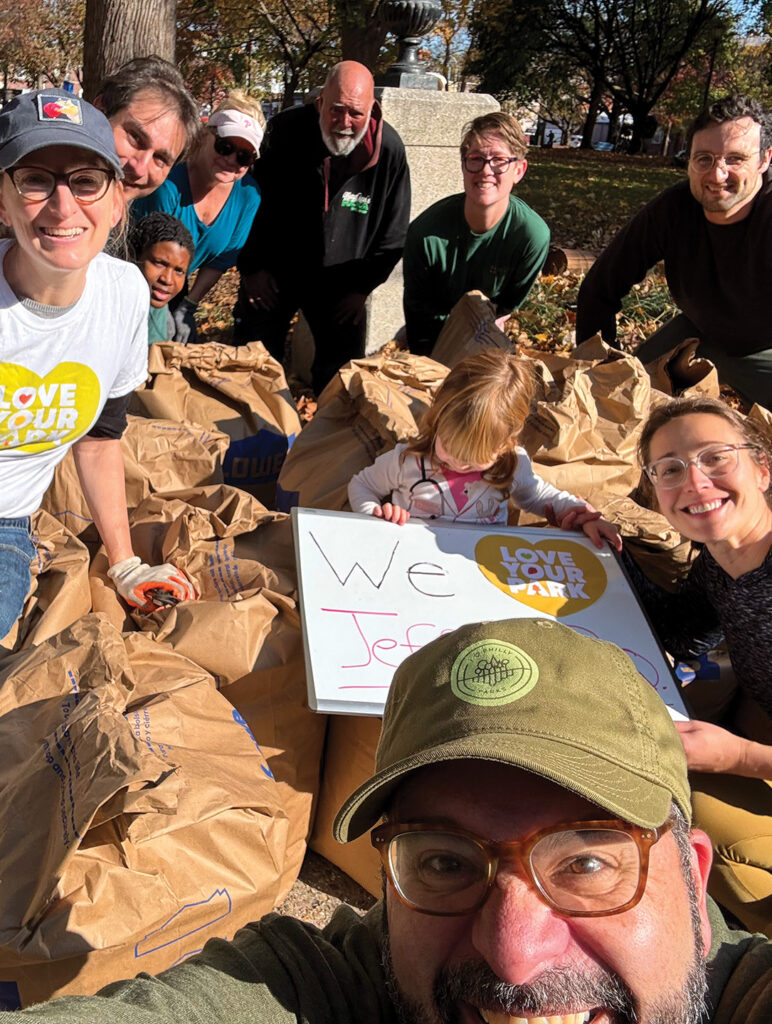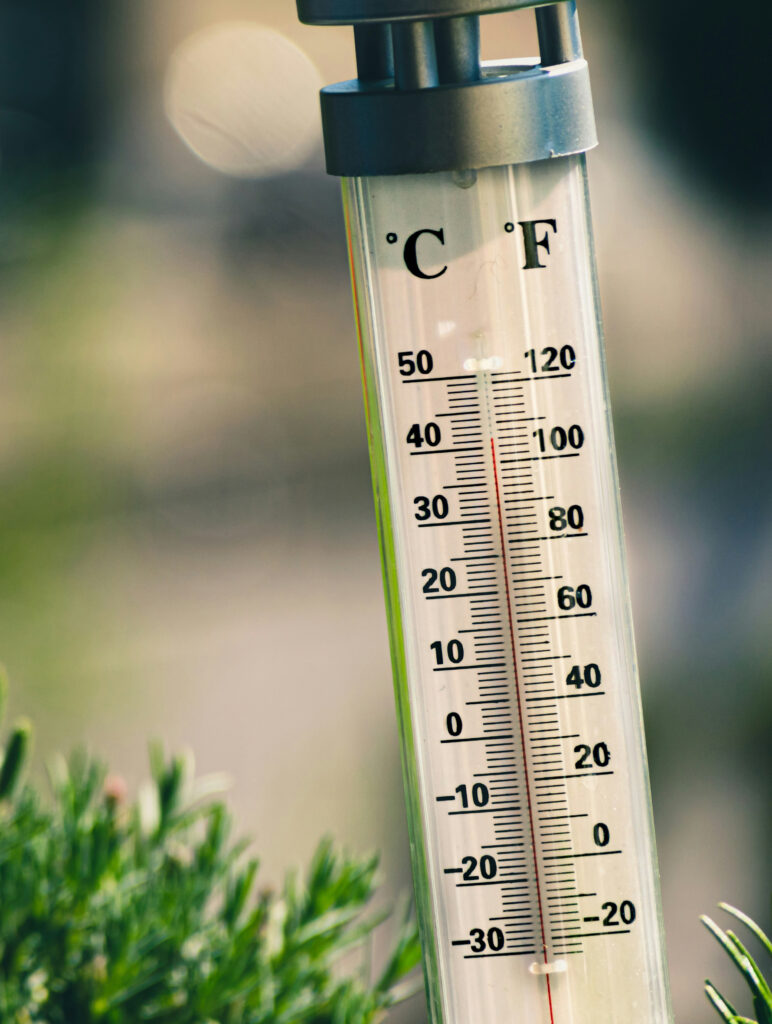You hear birds talking (or at least singing) all the time. Maybe sometimes you have something to say back to a bird, perhaps some select words early in the morning when a house sparrow won’t stop chirping outside your window. For a true dialog, though, visit the Academy of Natural Sciences of Drexel University through May 21 for their “Conversations with Birds” special exhibit.
There you can check out beautiful bird photography, much of it by Academy educator Anwar Abdul-Qawi, and specimens of local species from the museum’s collection. These dead and preserved birds are critical for research, and you can watch Academy scientists preserve dead birds, many of them victims of collisions with Philly windows.
A visit to “Conversations” is a great way to learn more about ways to help our fine feathered neighbors. Many of these will come as no surprise to Grid readers: keep unsupervised cats inside, plant native plants, make windows visible to birds and turn down the lights on buildings at night, especially during spring and fall migrations.
Many birds migrate at night and navigate at least partly by the light of stars and the moon. Artificial light at night can confuse them, drawing them towards tall, bright buildings. Bird Safe Philly’s Lights Out Philly, an initiative that strives to promote that last measure by studying where birds collide with windows and encouraging property owners to turn down the lights at night, especially during busy migration nights, has had some success, according to preliminary research released by the Academy.
Fall bird collisions at one building, the atrium of the BNY Mellon Center at 1735 Market Street, measured by collecting the birds that die after smacking into windows, appear to have declined by 70% since 2020, an early but promising sign that turning down the lights works.










